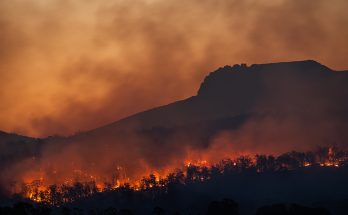As the world pushes for stronger climate measures to stop the destruction of the Arctic, many countries are also keen to take advantage of the region’s new opportunities in shipping, mining, drilling and security. Meanwhile, the Arctic’s own inhabitants want to have a bigger say in the region’s development, aware that outsiders might be less eager or able to strike a balance between economic exploitation and environmental protection.
In the emerging debate, Arctic is often portrayed as a remote, pristine, exotic region which “has to be saved” by external commitment. Meanwhile, regional stakeholders emphasise that exactly the opposite is the truth – the Arctic is populated, regulated, and not far. “Those claims are completely false. To Norway, the Arctic is not remote. There is no legal vacuum in the Arctic, national and international legal mechanisms are already in place and apply,” Norwegian Foreign Minister Ine Eiriksen Søreide told a panel at Arctic Frontiers, Norway’s largest gathering on Arctic affairs. “We will find a balance between [environmental] protection and productivity.”
But global interest in the economic potential of the Arctic is on the rise. Valuable minerals and around a quarter of the world’s still undiscovered reserves of oil and gas are thought to lie in the Arctic. New northern shipping routes becoming navigable in summer could drastically reduce transport time and CO2 emissions between the world’s commercial hubs. However, business opportunities in recent years have increasingly clashed with indigenous people’s rights, who demand better involvement in decision-making processes.



